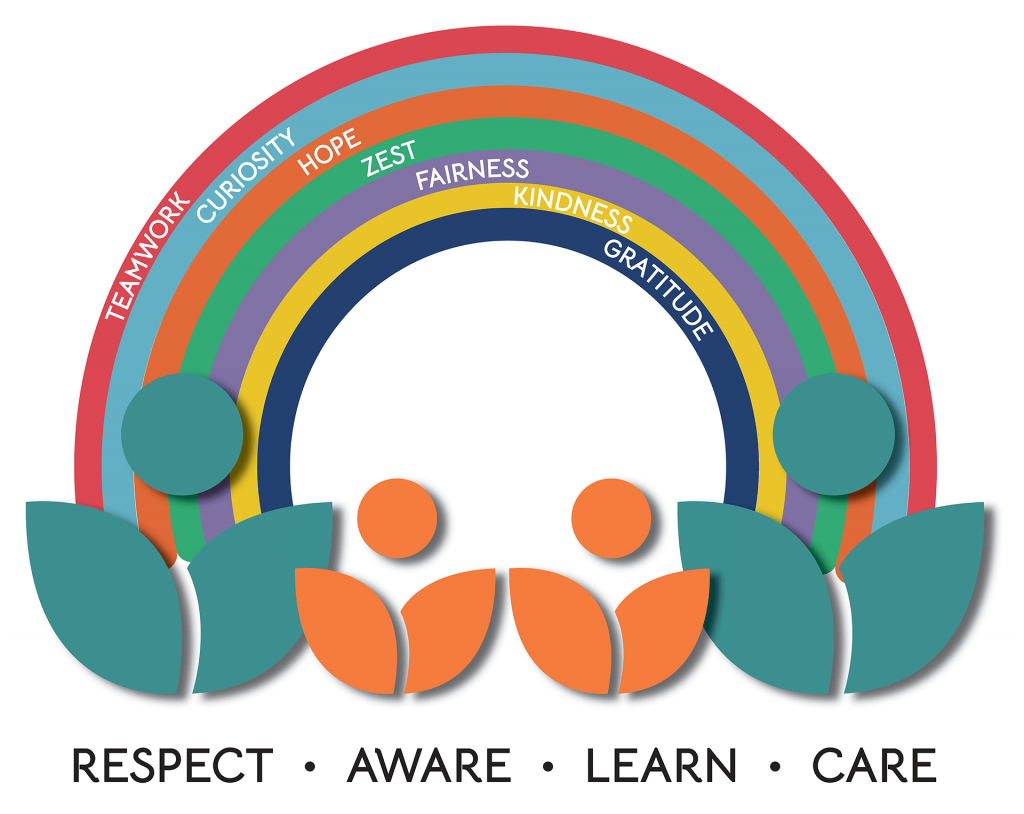There are five frameworks that GESC has adopted which shapes our school’s belief in how to improve student engagement and maintain student wellbeing. Positive Behaviour Support in Schools, Positive Education, Berry Street education Model, Team Teach and Therapeutic Crisis intervention.
We believe that strong positive relationships matter and that every student must feel like they have an advocate in their school. One of our main focuses is to help every student develop self -regulation skills. We have created many safe spaces in our school to encourage our students to use self-regulation strategies and allow our staff to co-regulate with them to help them be ready to learn.

